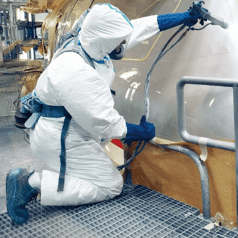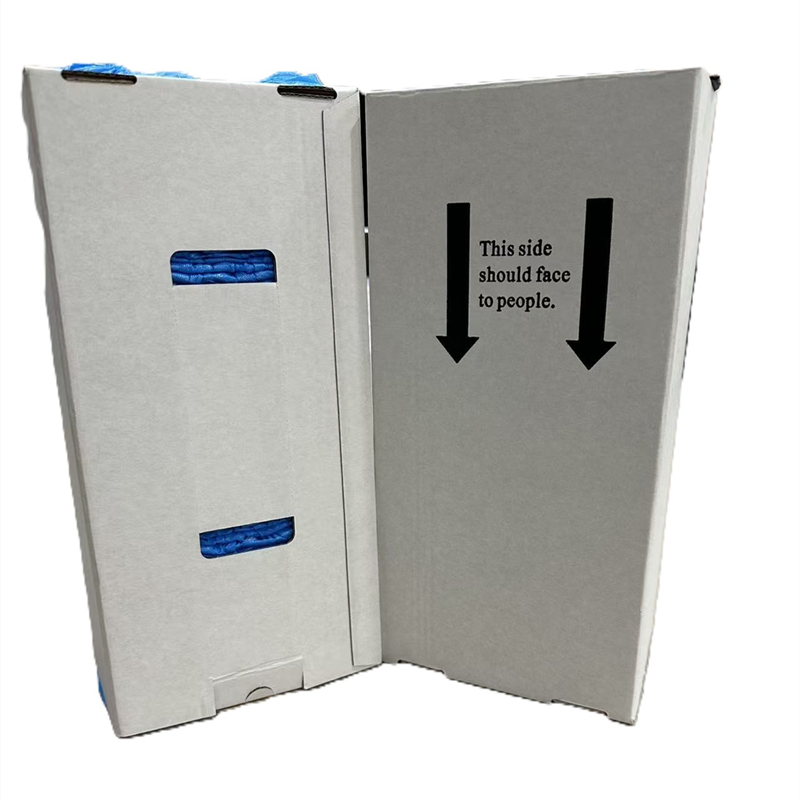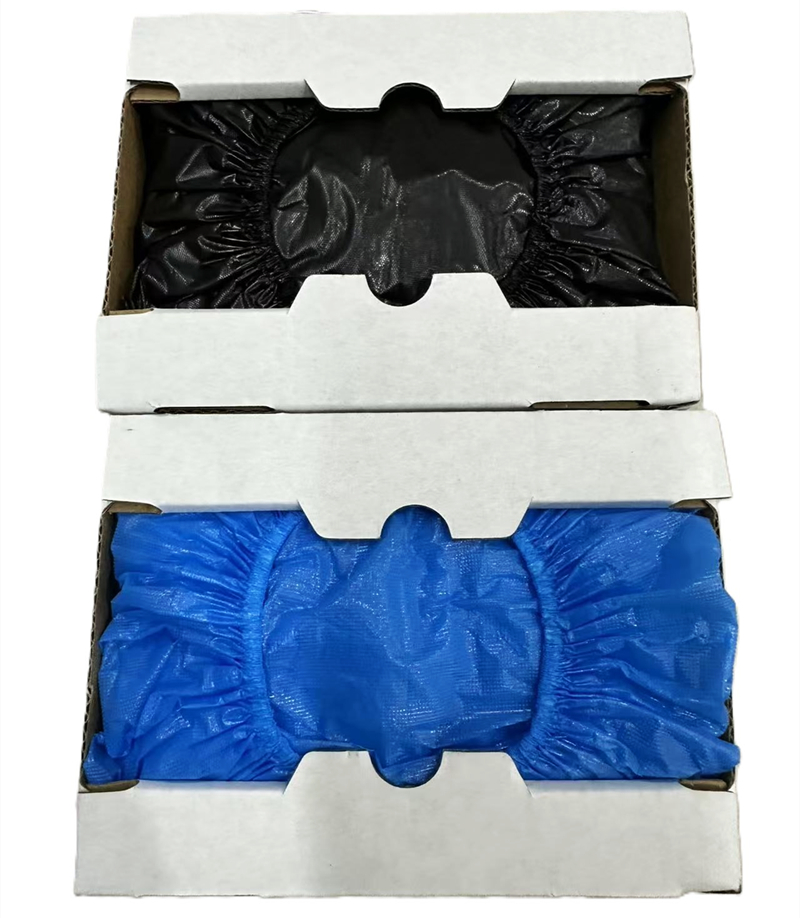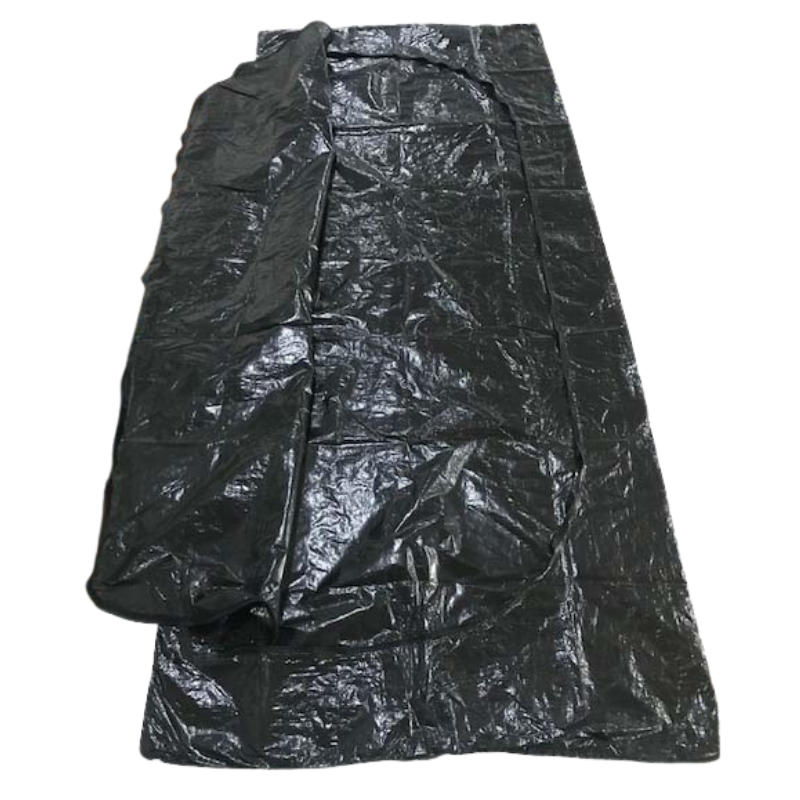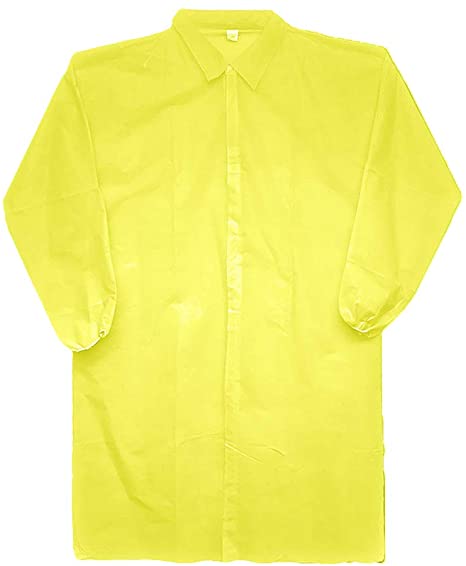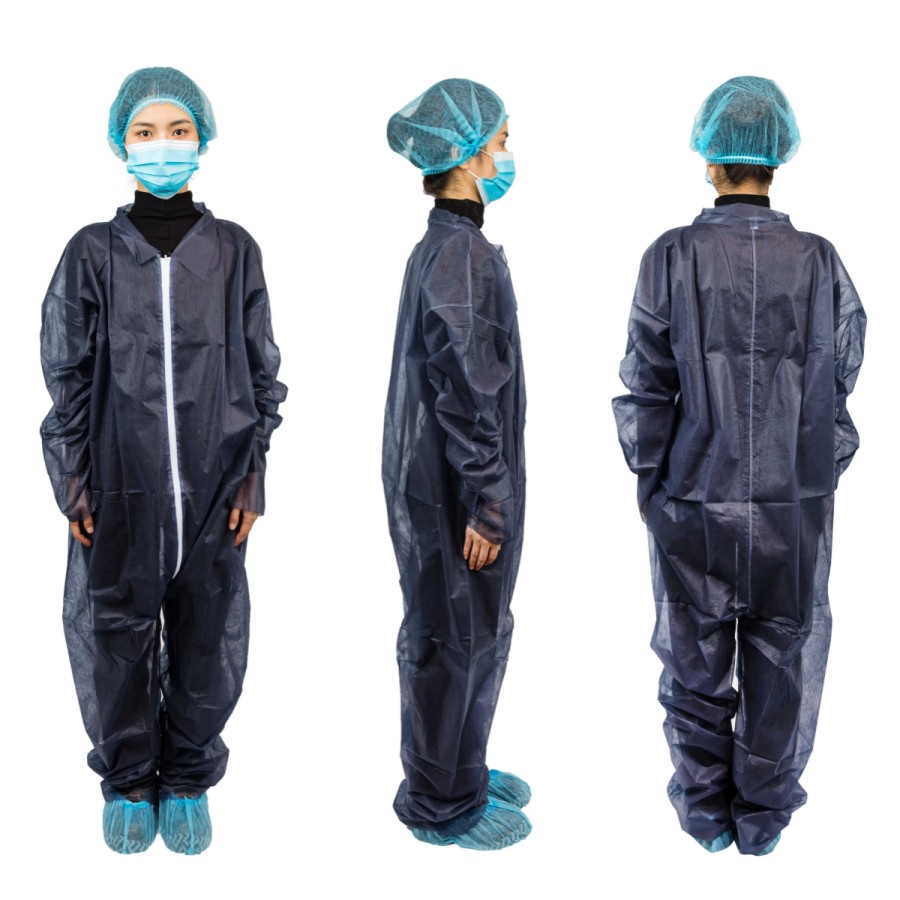Breathable disposable coveralls protect workers and help work move fast. They keep out dust, dirt및 splashes. They also let airflow in, so people stay cooler. In industrial workplaces, this balance matters. It supports 안전, 편안함및 productivity at the same time.

What are breathable disposable coveralls?
Breathable disposable coveralls are 1회 사용 full body suits. They cover the torso, arms및 legs. Many styles include a hood 그리고 elastic cuffs at the wrists 그리고 ankles. A front zipper with a storm flap helps block liquids 그리고 dust. . fabric allows air to pass while still stopping particles and light splashes.
Common materials include:
- PP 부직포 for light and basic use
- SMS for strong and more breathable 착용
- 미세 다공성 film for a mix of airflow 그리고 barrier
- PP+PE laminated zones for added liquid protection where needed
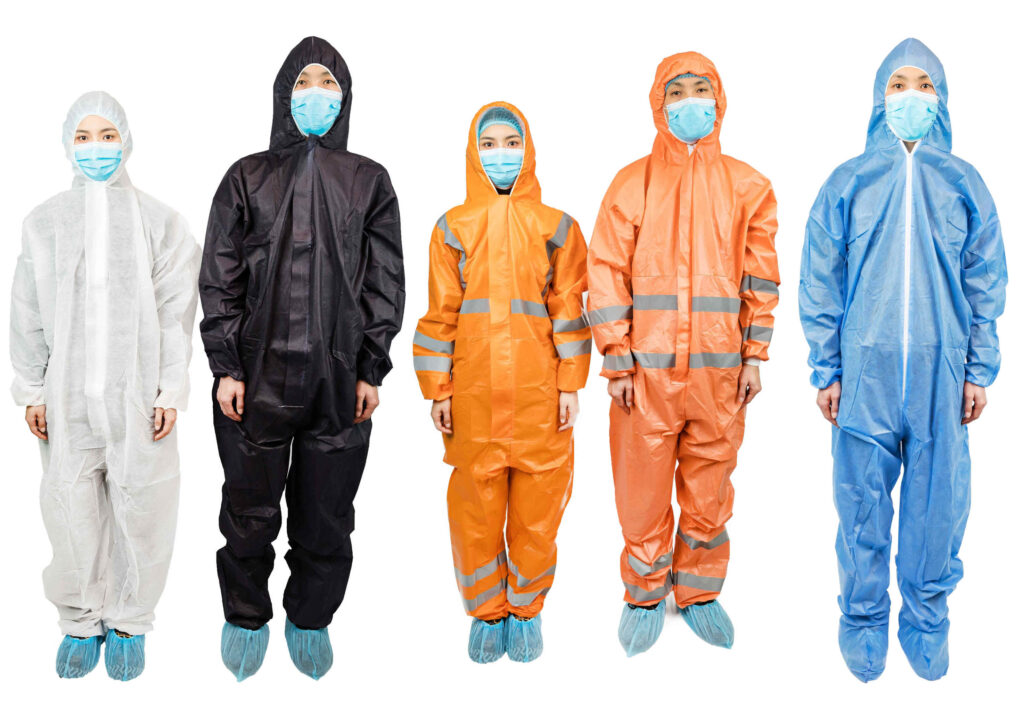
For a popular option, see these ready picks:
- Breathable all-shift choice: breathable disposable waterproof coveralls
- High barrier with airflow: 일회용 미세 다공성 부직포 작업복
- Extra safety add-ons: Disposable protective coveralls with hood
- Static risk control: Non woven anti static disposable coveralls
Why breathability matters at work
Hot, closed gear can cause heat stress. It can slow the team. It can raise mistakes. Breathable disposable coveralls lower the heat load by letting air move. This gives three clear wins:
- Comfort. Less sweat, less stick, and better focus.
- Performance. Easier movement and steady pace for long shifts.
- Safety. Lower risk from fogging, fatigue, and quick overheat events.
Barrier protection you can trust
Good coveralls must block what you do not want on skin or clothes. Breathable styles still give strong barrier:
- Stop dry particles 같은 dust, powder및 fibers
- Resist light liquid splashes 그리고 spray
- Cut cross-contamination when you move from one zone to the next
For paint spray, powder, cleaning, maintenance및 packaging lines, this mix is ideal. When risk is higher, choose microporous or add PP+PE front zones.
Key advantages for industrial workplaces
Here are the main gains when you switch to breathable disposable coveralls:
- Cool comfort. Air can pass through the fabric to control sweat.
- Lightweight. Less bulk helps with reach, climb, and precision work.
- Consistent protection. New suit each time means no old soil or hidden tears.
- Low lint. Helps keep parts and tools clean in assembly 그리고 pack rooms.
- Fast changeover. Single use suits are easy to don 그리고 doff.
- Cost control. No laundry 또는 repair cycle; simple stock and issue.
- Flexible uses. Fit for warehouses, workshops, 음식 areas, and light chemical tasks.
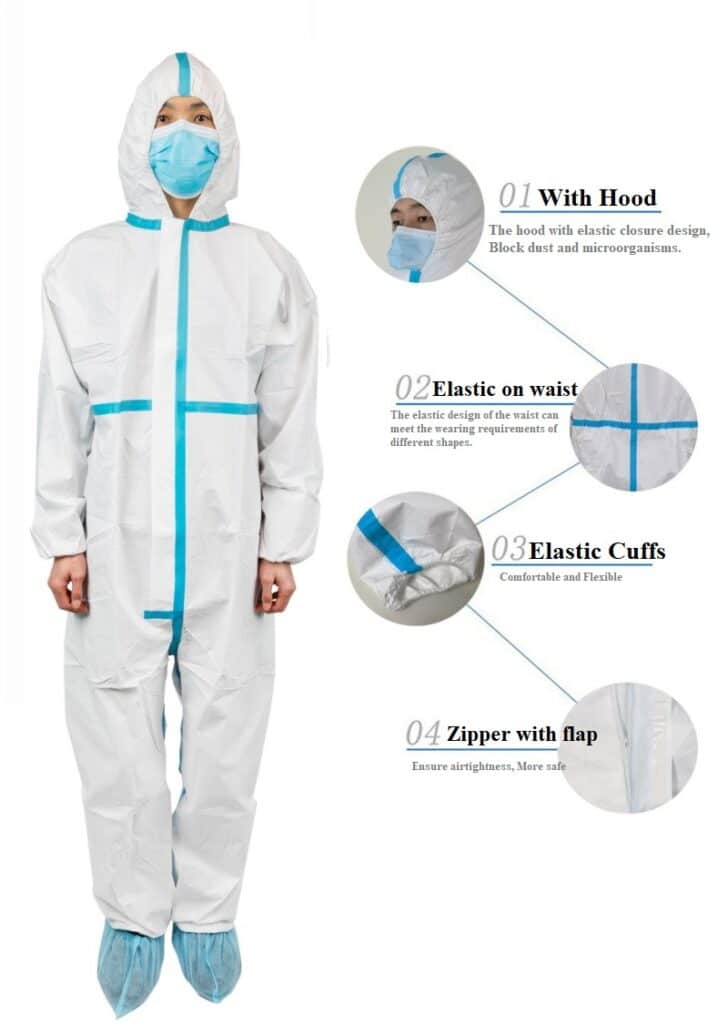
Where to use breathable disposable coveralls
You can use them in many industrial workplaces:
- Manufacturing. Powder blend, assembly, and equipment care
- Spray and paint. Fine mist and light overspray control
- Food processing. Pack lines, prep zones, and clean downs
- Pharma and labs. Low lint cover and easy change
- Construction and maintenance. Dusty jobs, debris, and grime
- Logistics. Cross-dock and returns sorting with mixed soils
If your job has heavy splash or harsh chemicals, choose a higher barrier mix or add aprons, sleeves및 부팅 커버 as needed.
Materials that balance airflow and safety
Pick the fabric that fits the risk 그리고 heat at your site:
- PP non woven. Light duty. Best for dust and dry work.
- SMS. Strong, more breathable, and stable for long shifts.
- Microporous. Film with micro holes for airflow 그리고 splash block.
- PP+PE laminated zones. Extra front shield for liquids.
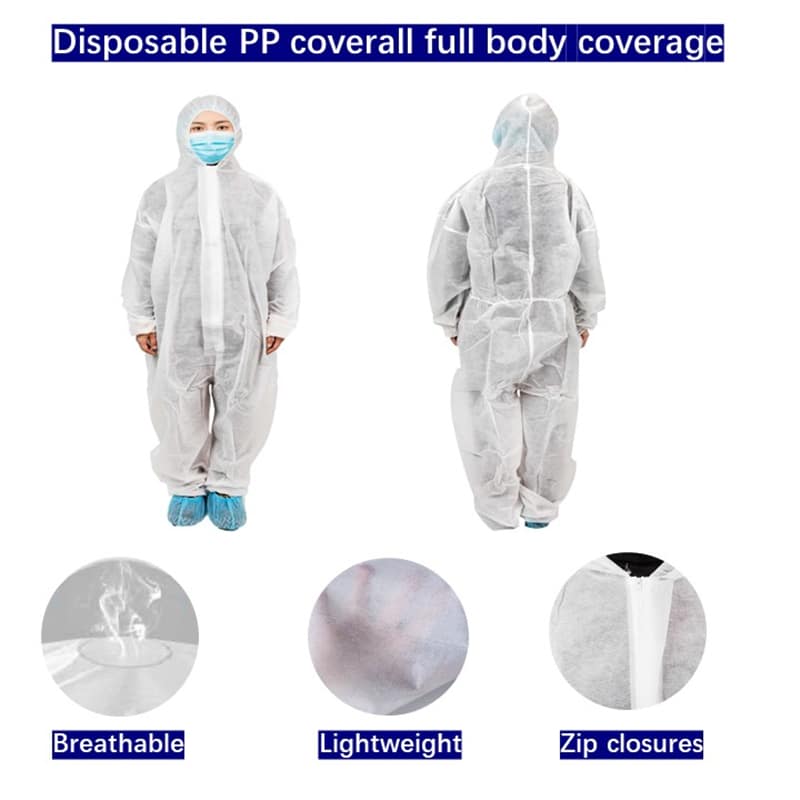
Not sure which to choose? Try a short trial with SMS 그리고 microporous to see what your team prefers.
Design features that help on the job
Look for these details to boost 편안함 그리고 안전:
- Hood. Covers hair and neck edges for better barrier
- Zipper with storm flap. Seals the front opening from spray
- Elastic cuffs 그리고 ankles. Close fit to gloves 그리고 boots
- Elastic waist or shaped back. Helps range of motion
- Reinforced seams 또는 taped seams in high stress areas
- Anti static options for dust-prone or electronics areas
- 색상 choices for zone control and quick role tags
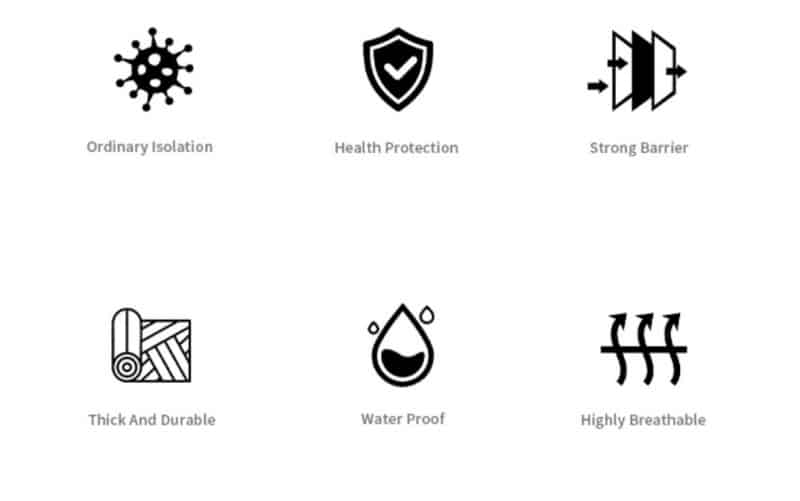
Fit and sizing tips
A good suit must fit well to work well:
- Choose the right size. Stock from S 에 XXL and up
- Check reach. Lift arms and squat; no tight pull at the back
- Sleeve fit. Gloves should overlap cuffs with no gap
- Leg length. Ankles should sit over work boots without drag
- Hood fit. Should sit flat around the face gear and not block view
Donning and doffing basics
Train teams to use coveralls the right way:
- 착용
- Inspect for tears 또는 holes
- Step in and pull up to the waist
- Insert arms, close the zipper, seal the storm flap
- Fit hood if used; set gloves over cuffs
- 도킹
- Peel from the hood and shoulders down
- Roll the outside in to trap soil
- Remove gloves last and dispose in the right bin
Change the suit if it is soiled, torn, or after a zone change.

Cost and hygiene benefits
Breathable disposable coveralls cut hidden costs:
- No laundry, no wait for repairs
- Lower risk from worn reusables
- Clear hygiene steps with 1회 사용
- Easy inventory and simple issue at shift start
Use simple FIFO storage to protect shelf life and keep a small buffer stock for peak days.
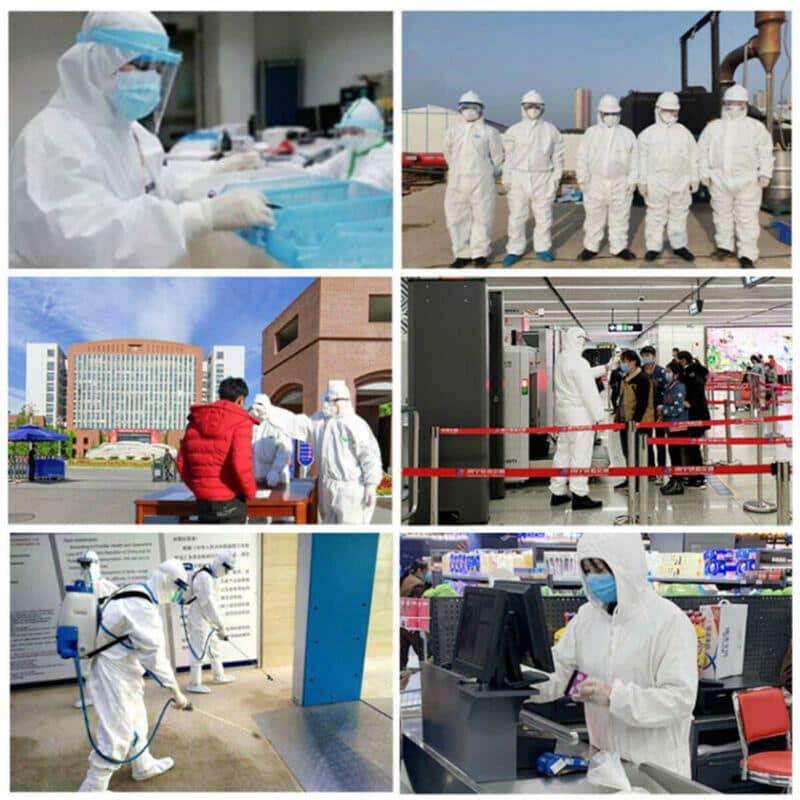
Safety add-ons to consider
You can pair suits with other PPE to match the job:
- Sleeve covers for wet tasks
- 신발 커버 또는 부팅 커버 for floor splash
- Aprons for front-heavy spray
- Gloves, 마스크및 eye protection based on the task
If your line needs more liquid repellent 또는 spray control, test microporous suits first. If static is a risk, add an anti static suit to your list.
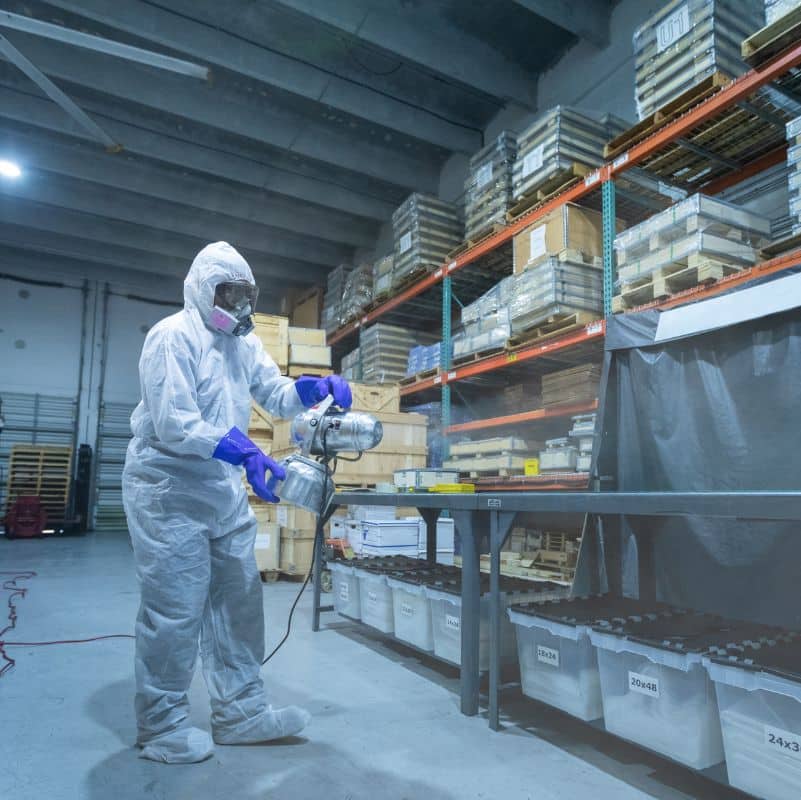
Simple checklist for buyers
Use this quick list when you source breathable disposable coveralls:
- Task risk 그리고 barrier needs are clear
- 재료 matched to heat and splash risk
- Right design: hood, storm flap, elastic cuffs및 ankles
- Sizes for all staff and steady stock on core sizes
- Low lint for clean work areas
- Easy donning 그리고 doffing steps in each pack
- Clean labels with lot number 그리고 expiry
- Fair cost with no drop in 보호
Bottom line
Breathable disposable coveralls give workers the 보호 they need and the 편안함 they want. In industrial workplaces, they help cut heat stress, improve focus, and keep contamination low. Pick the right material, the right features, and the right fit. Train on clean donning 그리고 doffing. Keep a simple 재고 plan. With these steps, your team can work safer, cooler, and faster—shift after shift.

